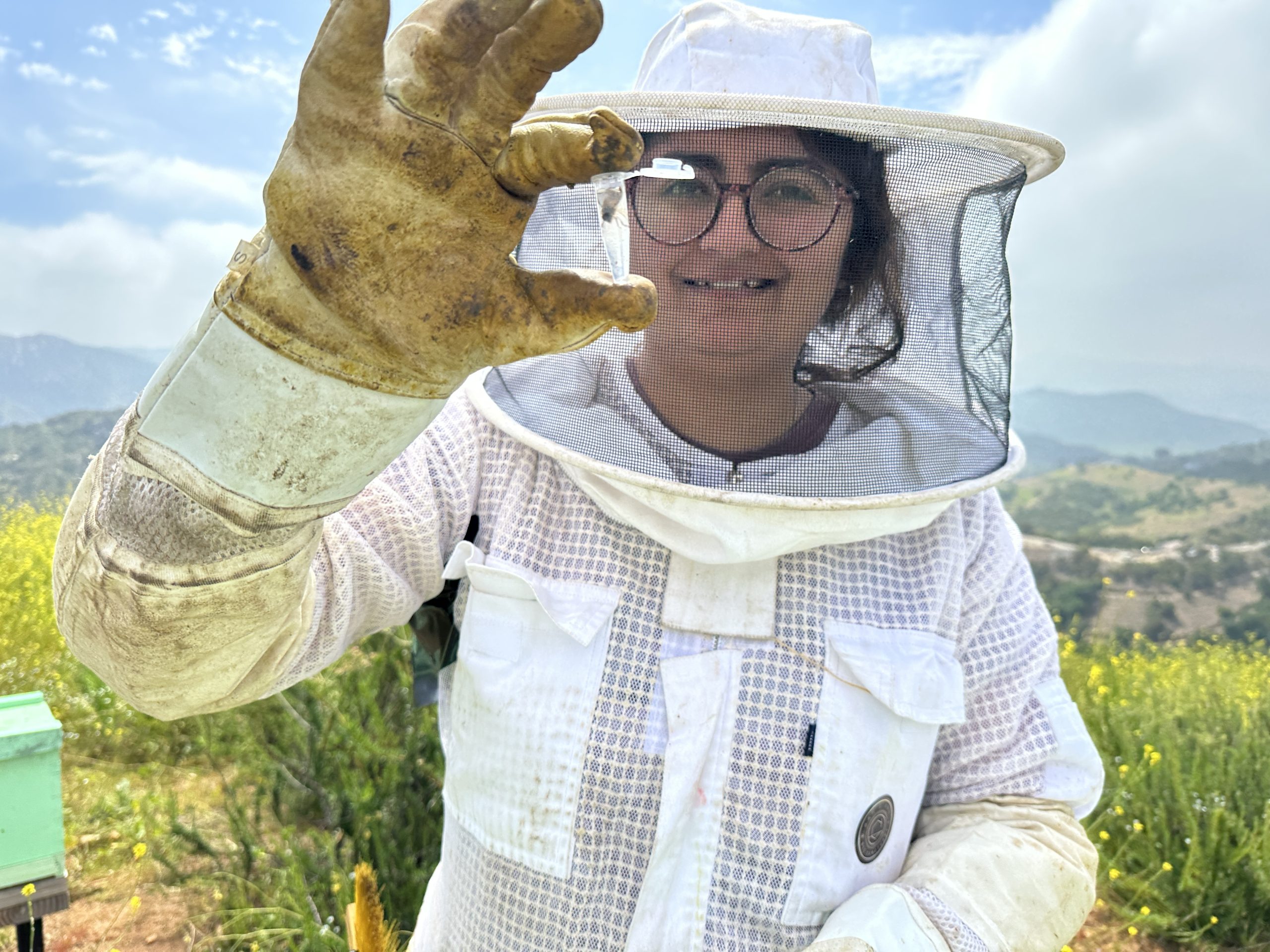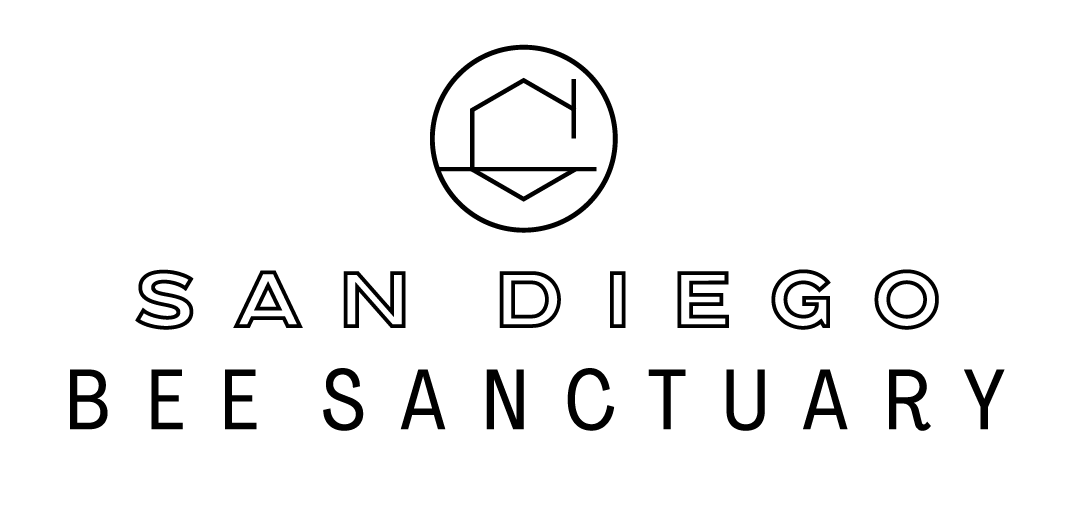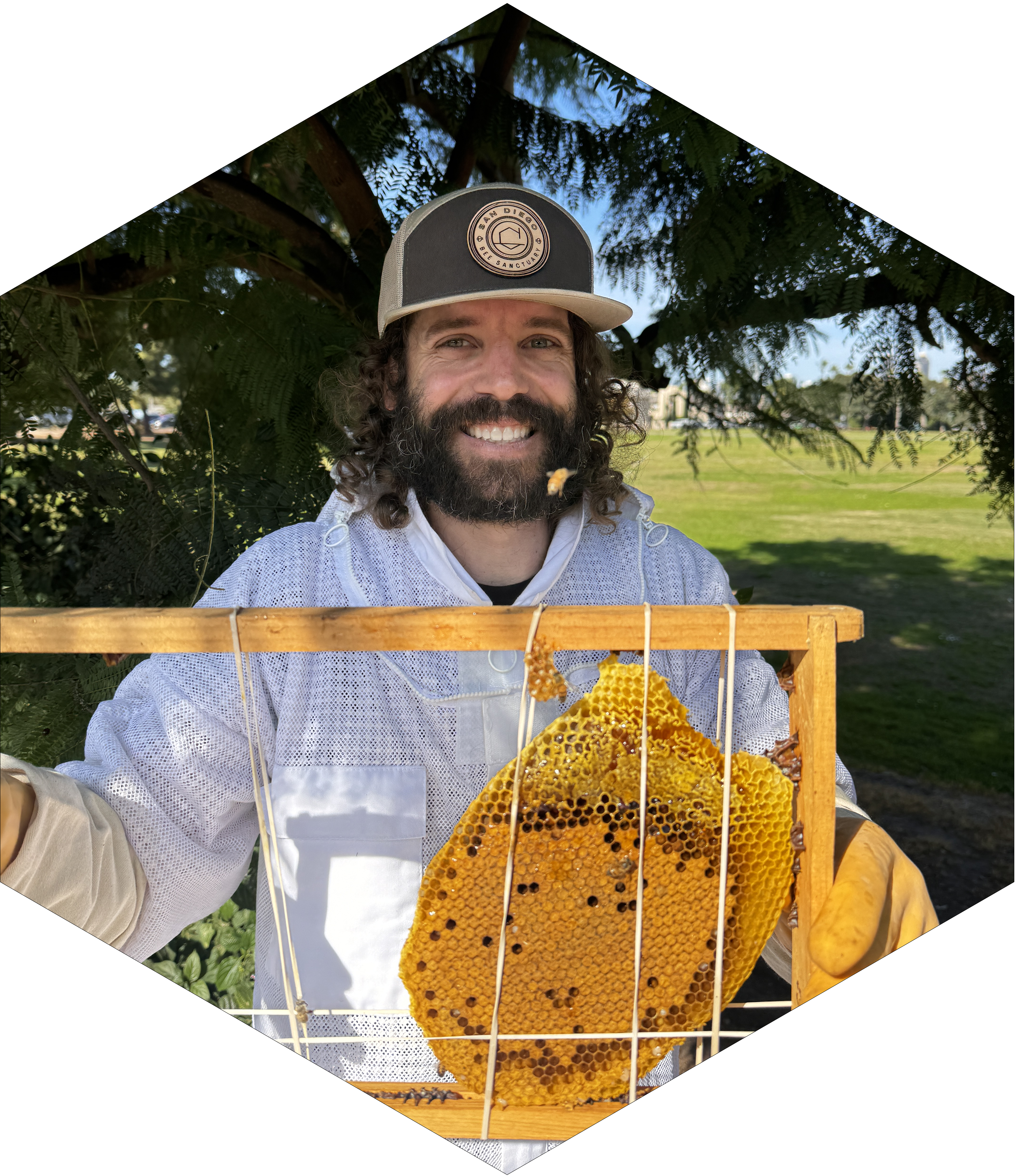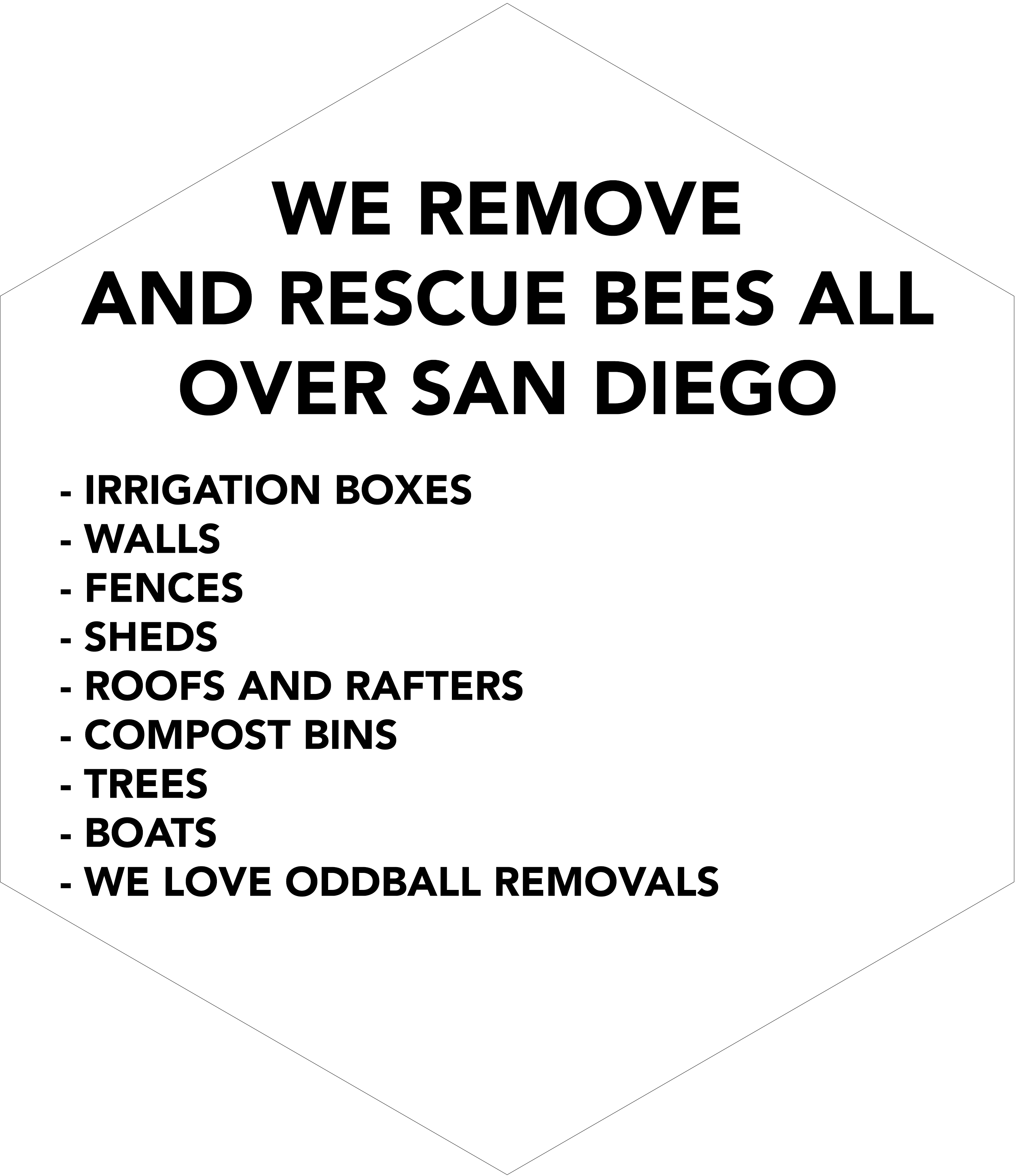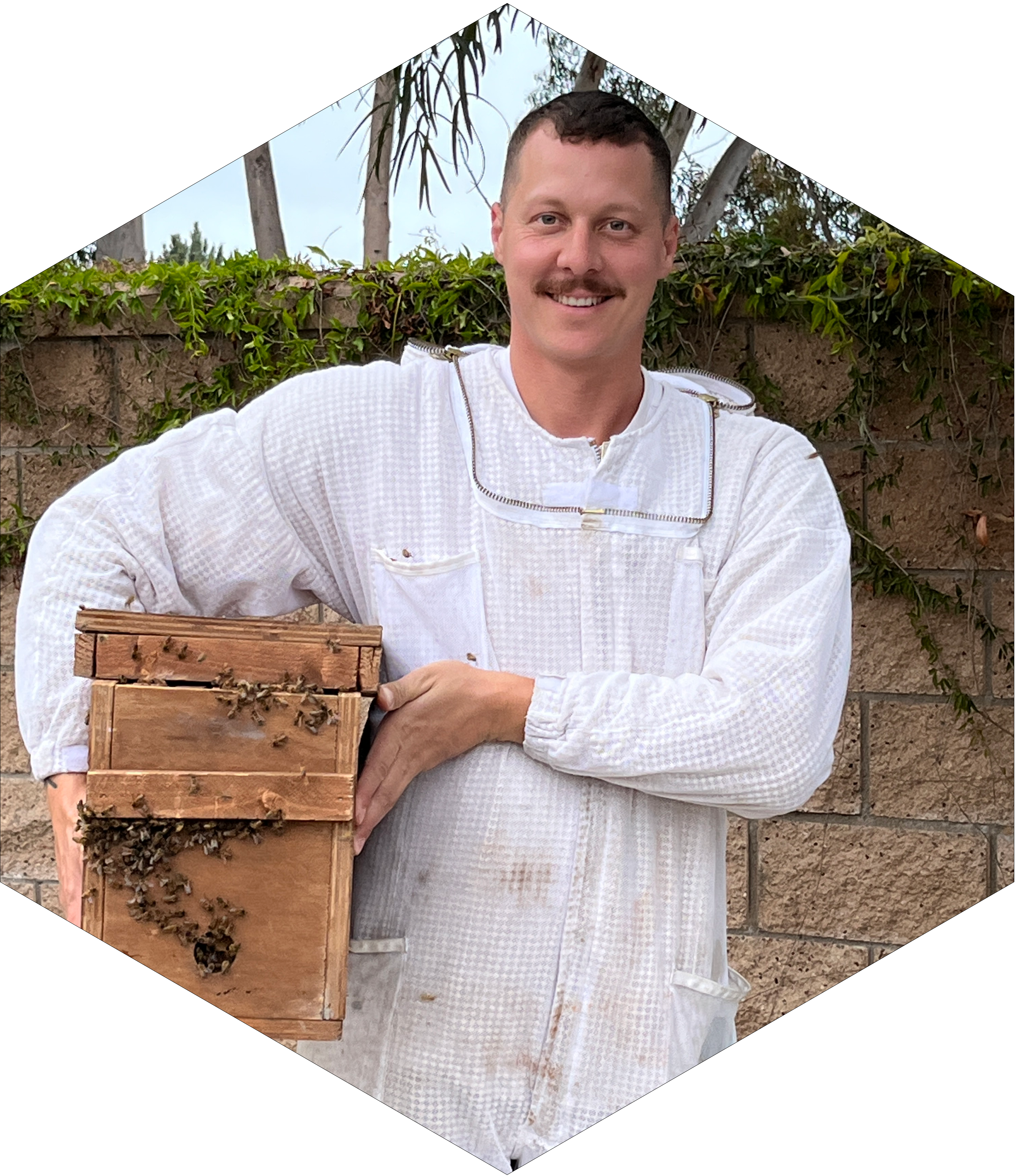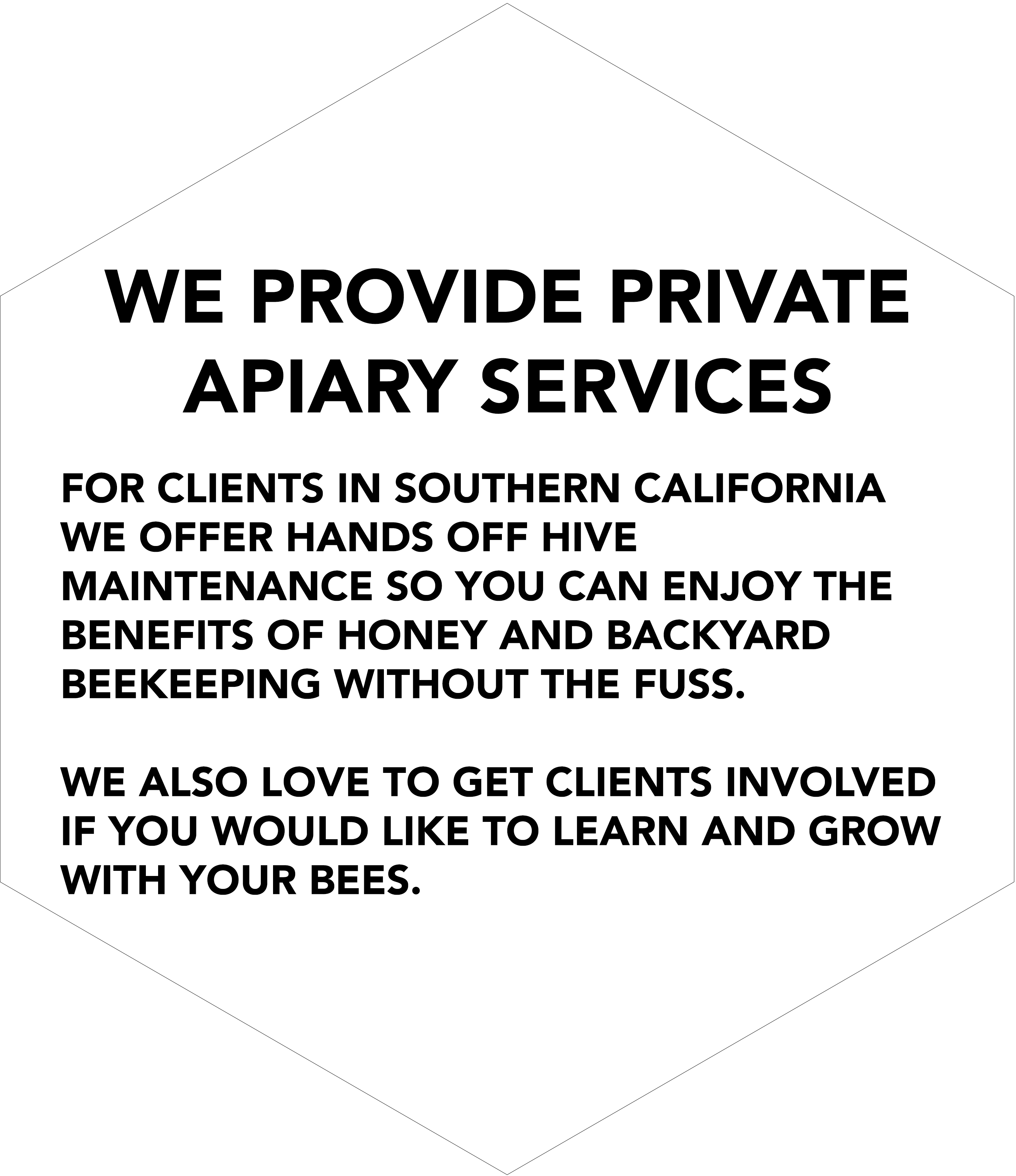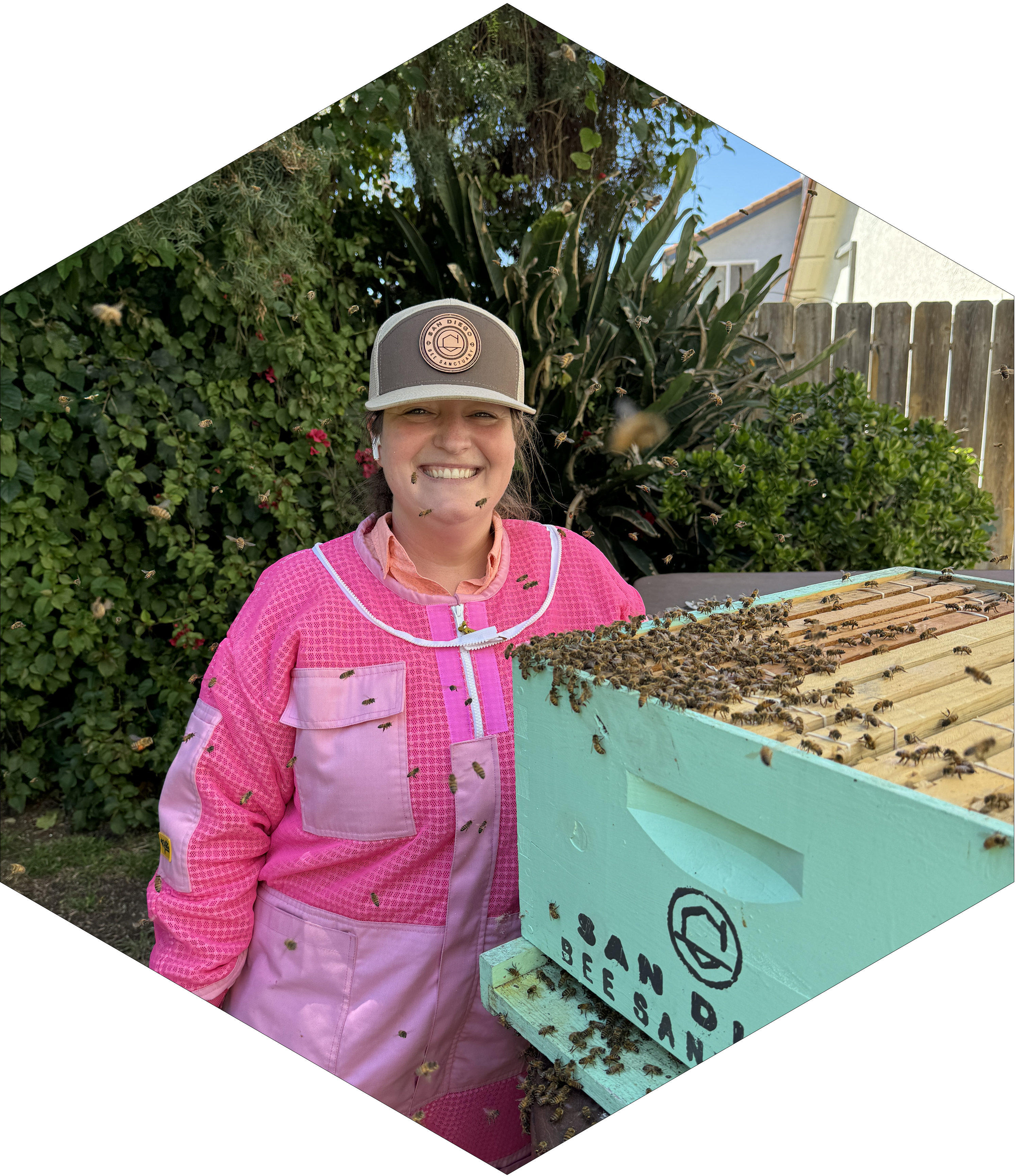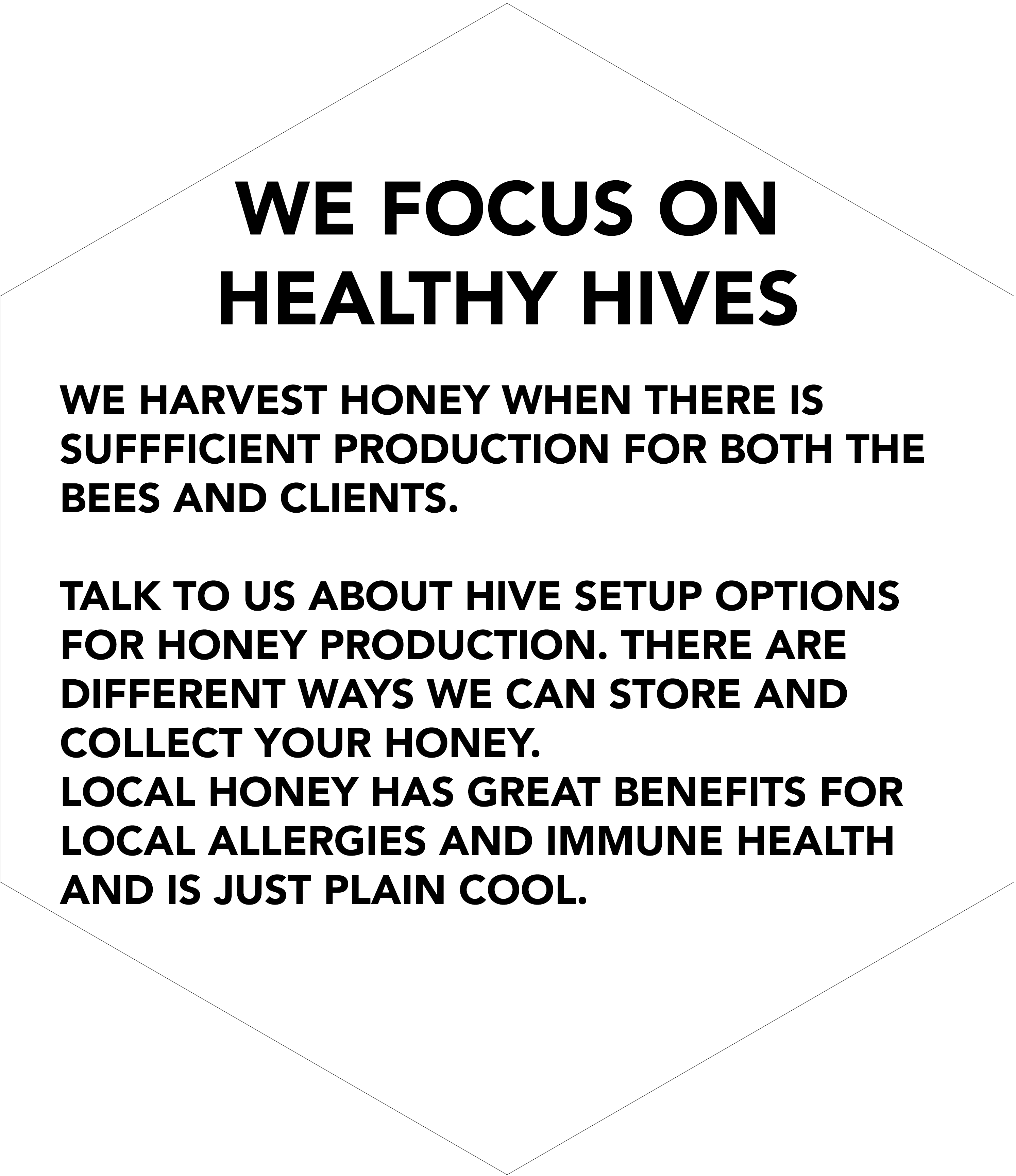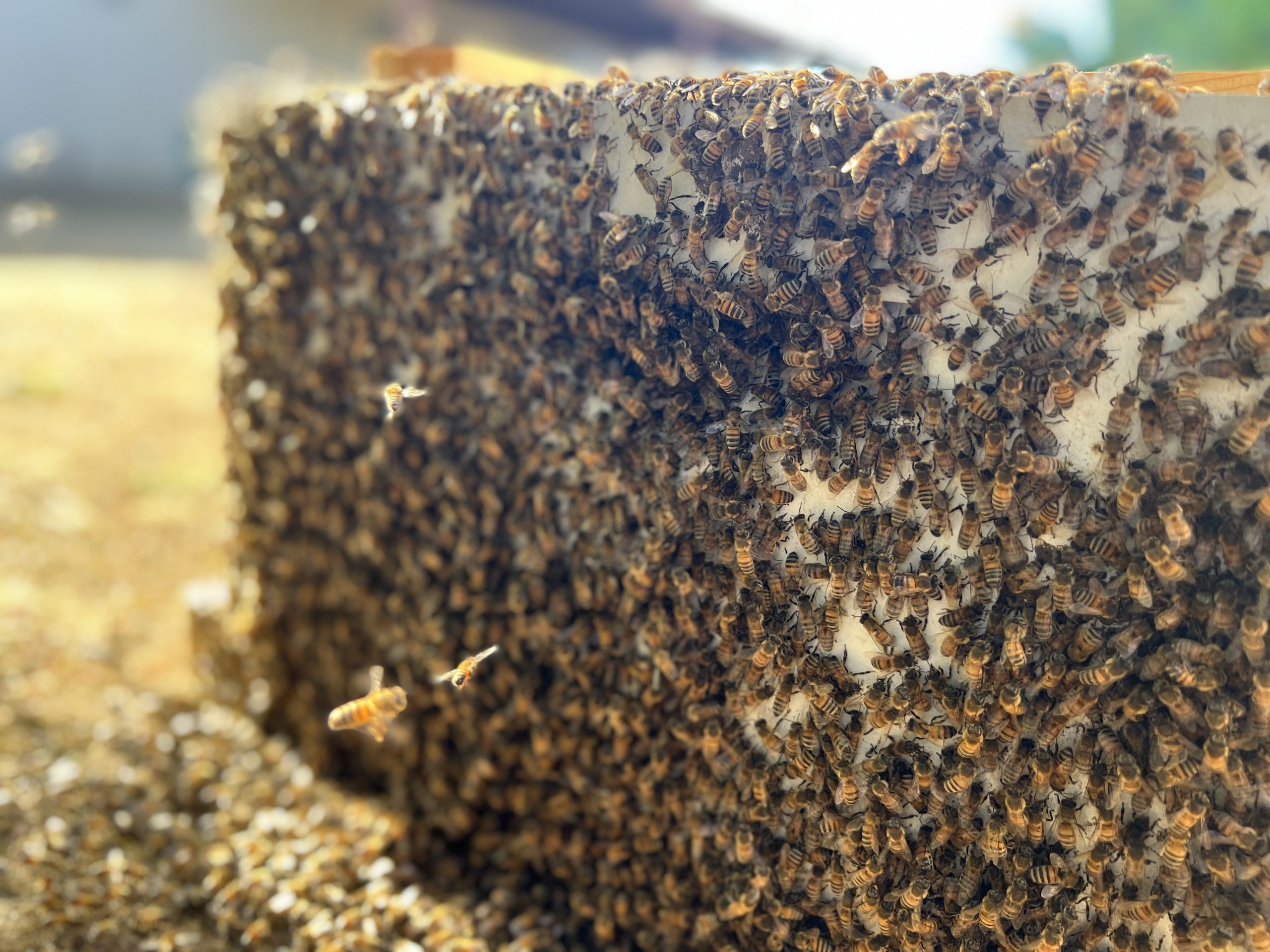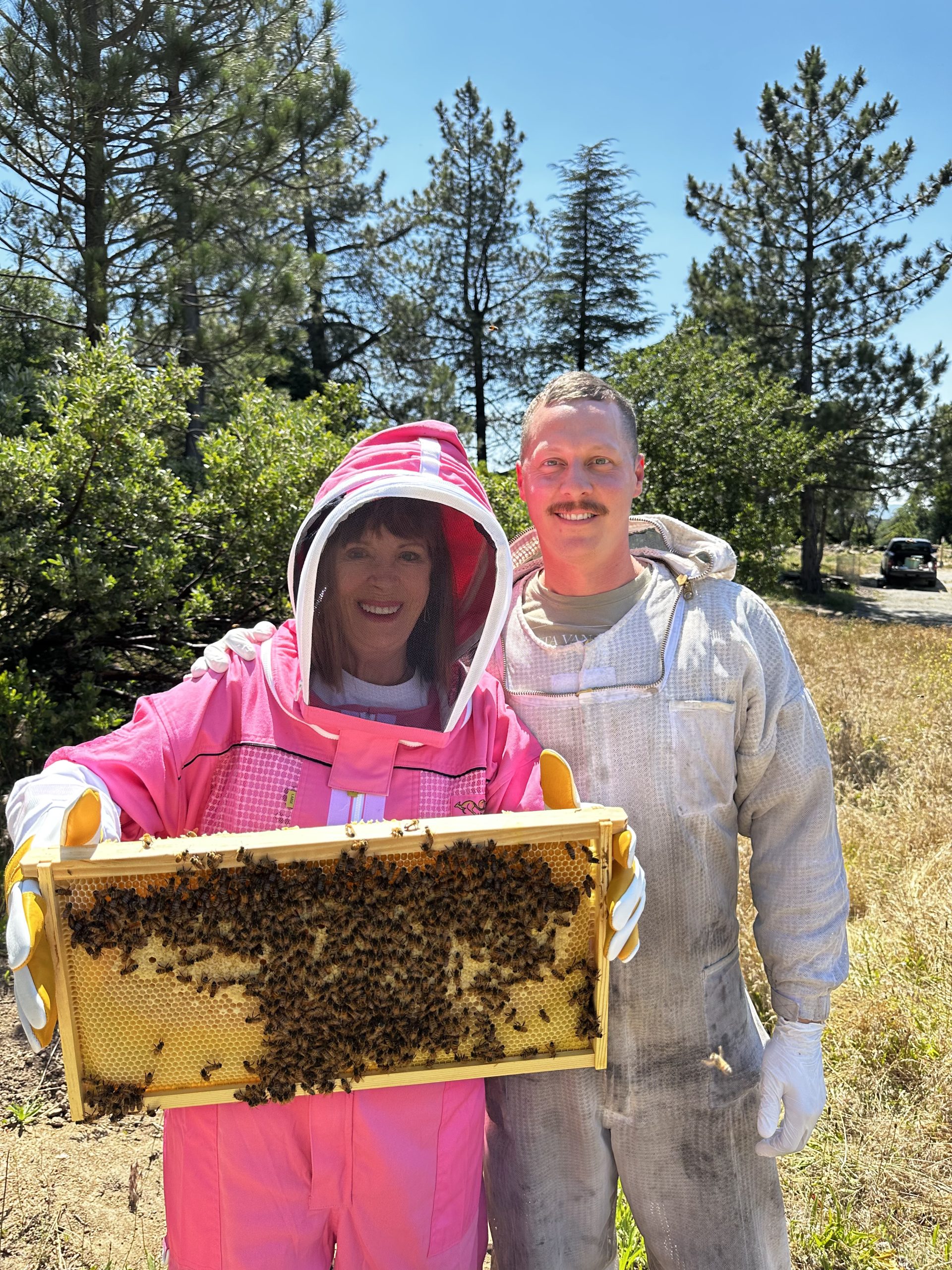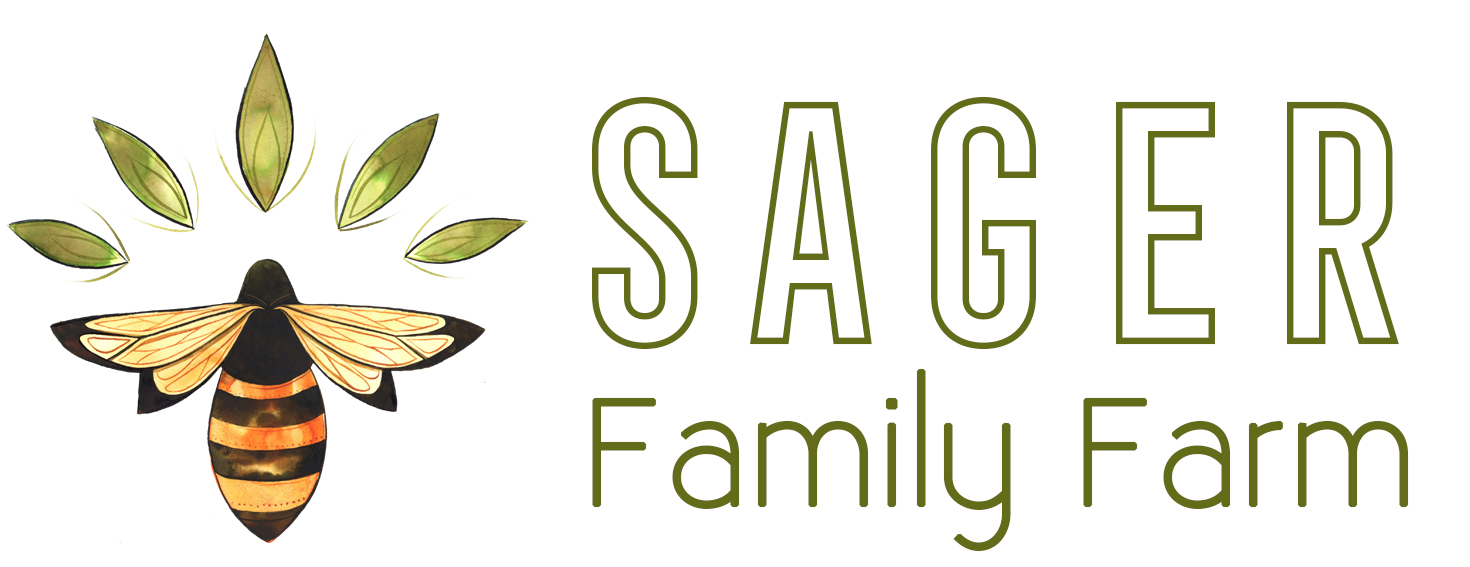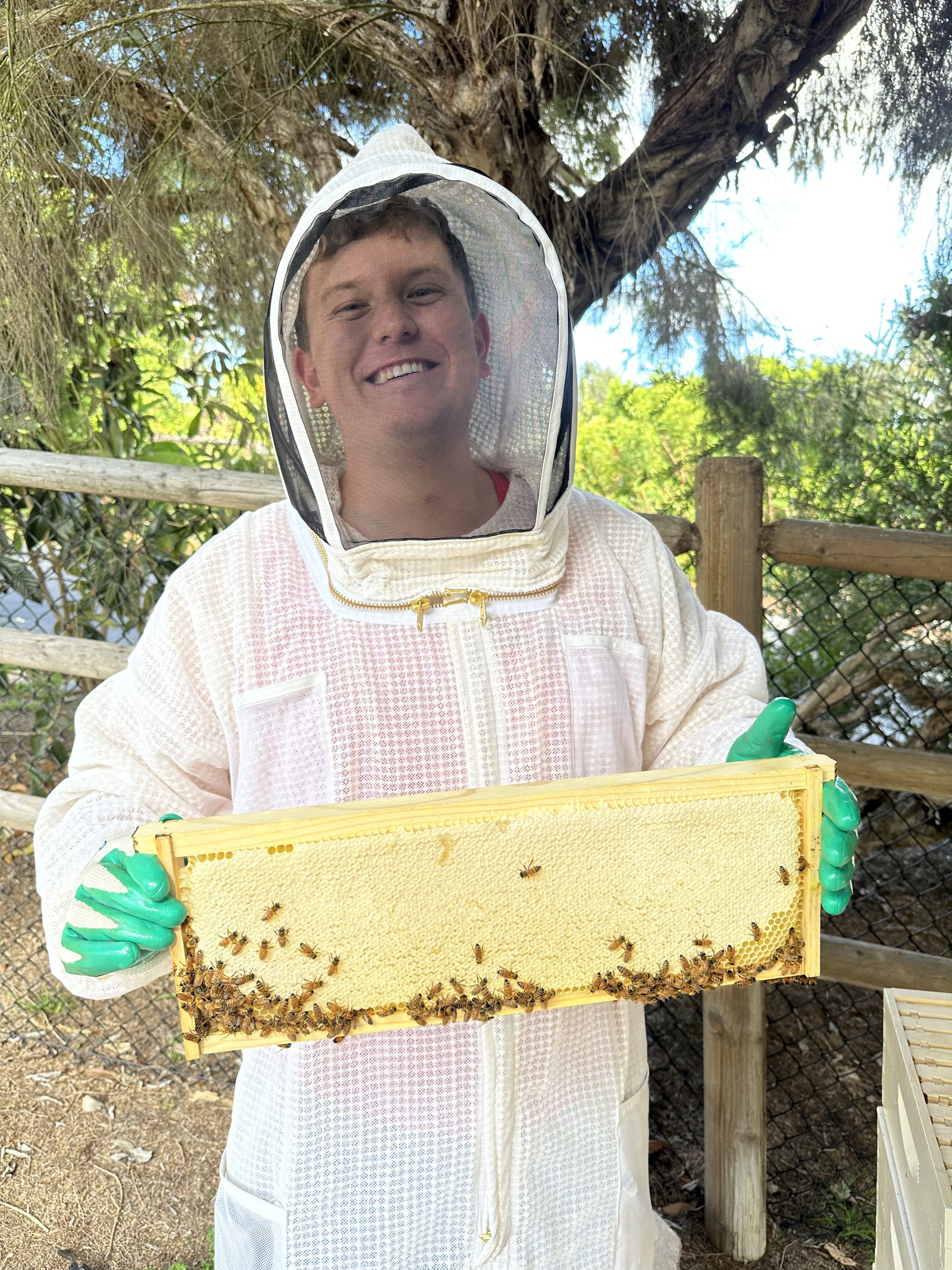GIVE US A BUZZ
Drop us a line today for a consultation!
TEXT OR CALL NOW
📞 (619) 663-3900
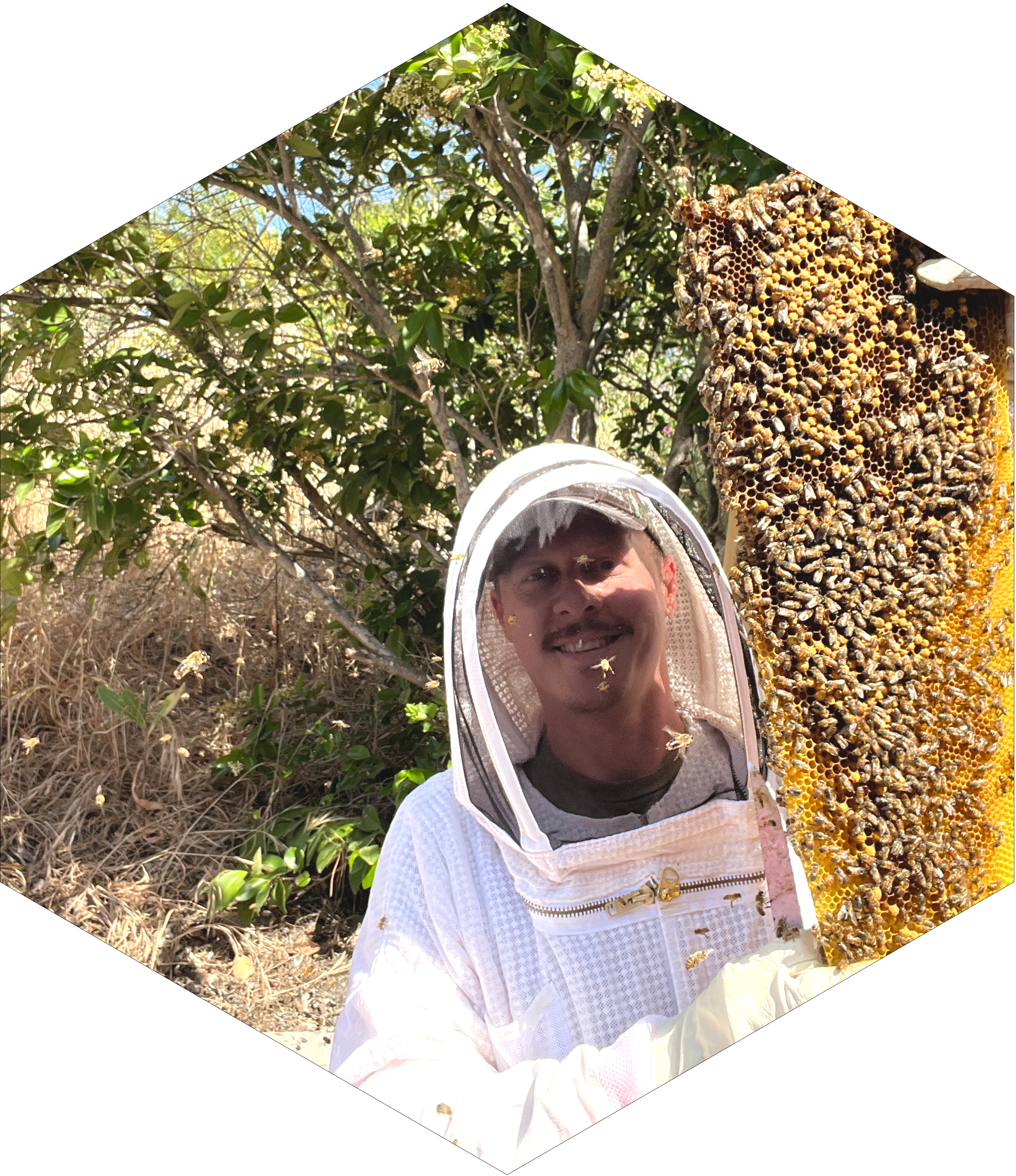
OUR MISSION
Our mission is to remove and rescue bees and provide them with a safe habitat to grow and prosper.
Bee populations are impacted by threats from pesticide use, varroa mites and associated diseases, lack of food/water, and developed land taking over natural habitat. San Diego Bee Sanctuary never uses pesticide and removes the bees using humane and safe techniques to maintain the harmony of nature. In fact we rarely will even use a vacuum and do it all by hand. Bees are housed at bee yards and sanctuary spaces where they’re given everything they need to prosper.
We encourage anyone looking to remove unwanted bees who isn't familiar with them to contact us and not act on their own.
TOGETHER WE CAN MAKE A DIFFERENCE FOR THE BEES

In 2023 we engaged in genetic testing for a large number of our feral bee colonies. A team of scientists tested the DNA, temperament and varroa mite levels to look for correlations between these factors and to determine the genetic makeup of each colony. Apis Mellifera Scutellata is what we know as the africanized bee or killer bee but we also refer to these as survivor colonies.
Through testing, these scientists have determined that we have our own distinct subspecies hybrid in San Diego with roughly 38% admixture of the scutellata subspecies genetics.
By studying our rescued survivor hives, we are trying to work towards stable honey bees for San Diego that have a favorable temperament, climate resilience and hygienic traits to fight off pests and pathogens and to better understand our local bees.
When a colony is healthy and productive they will start producing an increased number of male drones. These drones then attempt to mate with new queens in the area daily. All our colonies get requeened to promote the best genetics we can and to help lessen the africanization of the local feral bee gene pool.
At the end of 2024 we purchased the bee colonies and use of breeding grounds from the last remaining queen breeding enterprise down in San Diego County, Wildflower Meadows.
In 2025 in collaboration with scientists at the University of California, we are planning to revitalize this breeding initiative with a scientific and future forward approach to tackle the genetic challenges that arise from local queen rearing in Southern California.
By choosing us as your live bee removal people, you could potentially be doing more than just saving that one colony from destruction. Your bees can very well end up being used in our future breeding program to better the world of honey bees and we appreciate you for choosing us to collect your colonies.
